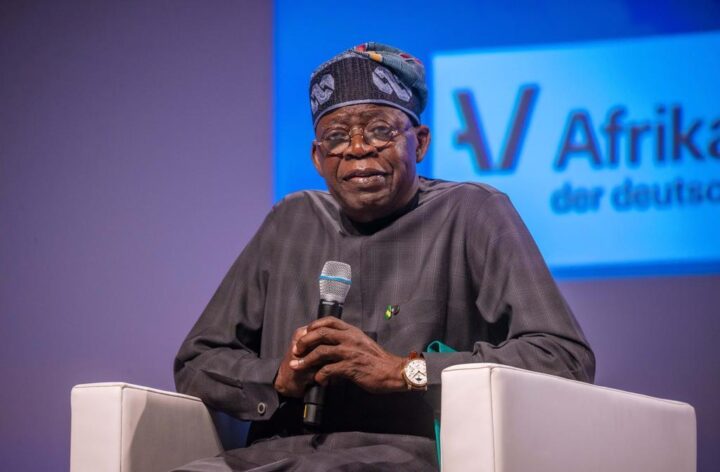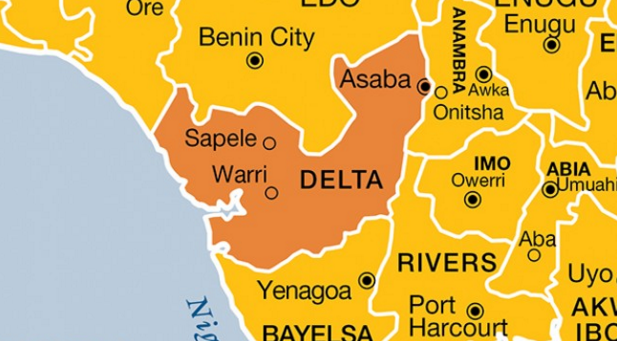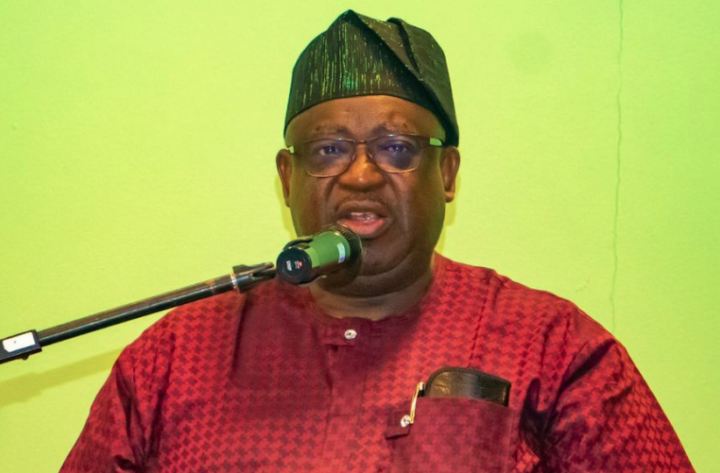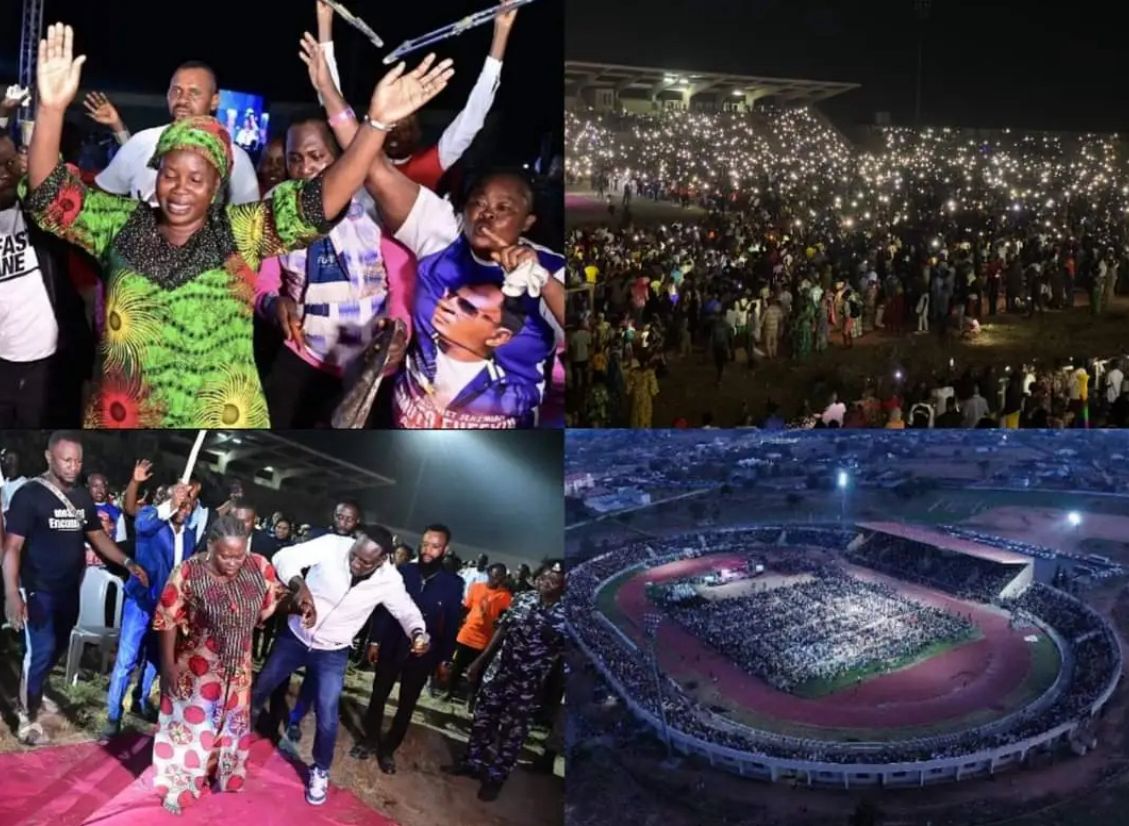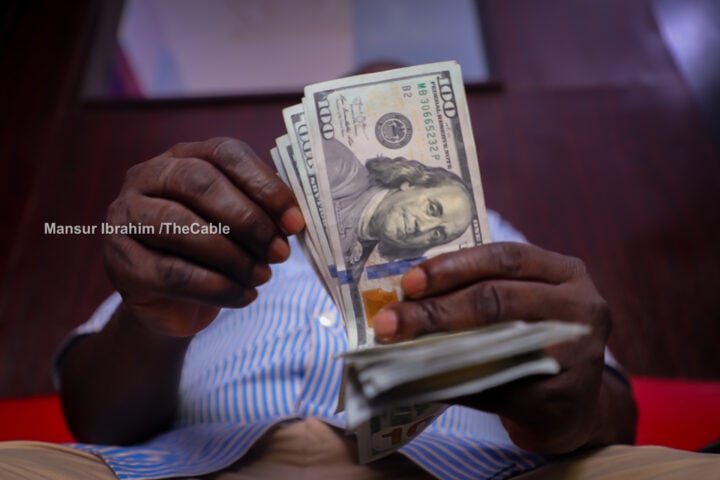BY KEEM ABDUL
In an increasingly interdependent world, and in a highly competitive global marketplace of goods, services, information and ideas, the international arena has become a theatre of action where corporate entities (be they geo-political or commercial) are constantly jostling for strategic advantage and positioning themselves on the next curve of growth, expansion and development. The entity that fails (or refuses, for some narrow or self-interested reason) to position itself in that regard risks languishing on the margins of the international system, and eventually dwindling into irrelevance, constantly at the mercy of unfair trade practices, subject to the exploitative – even imperialist – tendencies of more powerful geopolitical or corporate entities, as well as the machinations of unscrupulous non-state actors.
Since his assumption of office as Nigeria’s President in May 2023, Asiwaju Bola Ahmed Tinubu has repeatedly demonstrated his conviction that Nigeria, the largest economy on the African continent, belongs squarely in the mainstream (rather than on the margins) of the global economy. This status, he has affirmed time and again, is not simply due to the huge market Nigeria represents (over two hundred million people in one place!) but the possibilities for almost limitless growth and scaling-up in the value-chain of EVERY imaginable sector of the nation’s economy (from agriculture, to oil and gas, to manufacturing, to the creative economy, you name it.)
It is this bottomless cocktail of possibilities that the President and his team has been marketing before the global geopolitical and business elite in one strategic event after another, with heartwarming results, since he came to power. It was the message he conveyed to Nigeria’s prospective partners last week at the Group of 20 (or G20) ‘Compact With Africa’ Conference in Berlin, capital of the Federal Republic of Germany. Tagged, ‘The G20 CWA Conference’ the event took place alongside the 4th G20 Investment Summit, which was co-hosted by the German Government and a consortium of German business associations.
Advertisement
The President joined other Heads of State and Government of CWA member countries, bilateral partners, as well as heads of international organisations to deliberate on the immediate enhancement of economic and business cooperation with a view to outlining concrete measures to boost investments in critical areas such as energy, trade, infrastructure, and new technologies, among others.
It was also an opportunity for the Nigerian leader to reconnect with his German counterpart, Chancellor Olaf Scholz, who himself was in Abuja just the other other day on a mission to further bolster his country’s bilateral trade and other partnerships with Nigeria. The two men and their respective teams took up in Berlin where they left off in Abuja.
Indeed, there’s much that Nigeria wants to tell the world – and the world needs to hear. Nigeria is not all about bad news. Indeed, Nigeria’s story is encapsulated in the following hypothetical conversation between two compatriots:
Advertisement
Mr. A: Nigeria is standing still.
Mr. B: Maybe, but it is STILL STANDING.
During his engagements in Germany – including at the high-powered 10th German-Nigerian Business Forum in Berlin, the President hastened to assure both the German and international business communities that, even with all its challenges, Nigeria possesses one important and indispensable factor in its political economy (what the late President Umaru Yar’Adua called ‘a critical infrastructure’ in modern development) that any investor desirous of profit and growth must find attractive. The country, he said, enjoys a stable political landscape, with a democracy that (though extremely messy and noisy) has shown remarkable resilience and flexibility. In a world (and especially on a continent) where democracy is constantly in jeopardy, and the impulse to reach for easier, less rigorous governance options is always tempting, Nigeria’s fidelity to democratic governance is a rare blessing indeed. Coupled with sound pro-business policies and a sustainable regulatory framework characterized by certainty and predictability, Nigeria’s political stability should make for security of investments. ”Since 1999,” Tinubu said, “we have witnessed changes in democratic governance, with peaceful transfers of power within and between parties.”
That conducive environment is what the Tinubu Administration put on the table at the Berlin Conference. Reiterating that his commitment to reforming the system in Nigeria was what got him elected in the February 2023 election, Tinubu pledged to build and sustain stronger relations between Nigeria and all its existing and prospective development partners. “If you encounter any problems,” the President told his hosts, “rest assured that I have built one of the most reliable teams Nigeria has seen to address them.”
Advertisement
As a sign that the international – and in particular the German – business community was taking note, the economic partnership between Africa’s and Europe’s largest economies (which had over the years been promising), witnessed further expansion and strengthening, as two important agreements were signed between the respective business communities of both countries.
President Tinubu was on hand to witness the signing of both agreements, which were in the form of Memorandum of Understanding (MoU). One was on the supply of gas from Nigeria to Germany, and the other for $500 million worth of renewable energy projects in Nigeria. The first MoU, in respect of the gas export partnership, was signed between Riverside LNG of Nigeria and Johannes Schuetze Energy Import AG of Germany, while the second – on cooperation in renewable energy – brought together Union Bank of Nigeria and DWS Group.
All stakeholders at the signing ceremony were unanimous in echoing the President’s upbeat assessment of the prospects of these partnerships. Speaking on the gas supply MoU, for instance, the CEO of GasInvest, Mr. David Ige, said that apart from supplying energy from Nigeria to Germany, the deal would extinguish about 50 million cubic feet per day of flared gas in Nigeria. “The project,” he disclosed, “will supply energy from Nigeria to Germany at 850,000 tonnes per annum, and expand to 1.2 million tonnes per annum.”
Another member of the Nigerian delegation and Chairman of Union Bank Plc, Mr. Farouk Gumel, announced the commitment of $500 million for e-energy projects in Nigeria, whose long-term effect, he said, would be an increase in rural inclusion, which would bring more Nigerians into the formal economy. Without such inclusion, he said, there would be no sustainable growth.
Advertisement
On their part, the German partners were no less upbeat, as they expressed confidence at the prospects of investing in Nigeria’s gas sector. The Chief Operating Officer of Johannes Schuetze Energy Import AG, Mr. Frank Otto, went as far as to describe the partnership as a ‘big deal’ for the German market as a whole. It is no secret that German trade with Africa as a whole has gone up in recent years. As at 2022, it stood at $65.4 billion – a rise of 21%. Nearly two thirds of German companies want to expand their business across Africa. German government officials say Africa, and Nigeria in particular, can play a key role in helping their country better diversify its supply chains, secure skilled labour, reduce illegal migration and achieve its green transition (i.e. from fossil fuels to renewable energy sources).
Leaders like President Tinubu are all too aware that a new Scramble for Africa is underway all over again among European and other economic powers – except that the modern version, unlike the 1860s one, is a benign engagement designed to foster cooperation for mutual benefit, rather than the fierce and aggressive and bloody enterprise that watered the ground for the vicious rape of Africa. Unlike the 1860s Berlin Conference that took place WITHOUT a single African representation, last week’s gathering in the German capital was attended by the leaders of G20 Compact with Africa member-nations such as Morocco, Tunisia, Egypt, Senegal, Guinea, Ivory Coast, Ghana, Togo, Benin, Burkina Faso, Rwanda, Democratic Republic of Congo and Ethiopia, as well as Nigeria. They were joined by the aforementioned Chancellor Scholz, the President of the European Commission, Ursula von der Leyen, French President Emmanuel Macron and Prime Minister Mark Rutte of the Netherlands.
Advertisement
This renewed interest in Africa has seen Europe and the United States jostling with Russia and China for geopolitical influence, critical minerals and new economic opportunities in the world’s second most populous continent – which many analysts have long referred as ‘the next frontier.’
As President Tinubu reminded the world at the last UN General Assembly earlier in the year, investment in Nigeria’s and Africa’s development must encompass the gamut of areas from the sustainable exploitation of her endowments, to harnessing her potential for renewable energy production (which could go a long way in helping facilitate the world’s transition to a carbon-neutral economy) to investing in the overall stability and prosperity of the continent as a way of reducing illegal migration from Africa.
Advertisement
The G20 Compact with Africa, which was created in 2017 when Germany took over the rotational presidency of the G20, aims to bring together reform-minded African countries, international organizations and bilateral partners to coordinate development agendas and discuss investment opportunities.
Not so long ago, leading developmental stakeholders in Africa have always complained that while Europe keeps paying lip service to concrete investment on the continent – preferring to grant aid, loans and other handouts and tokens designed to keep Africa perpetually stretching out her begging-bowl, China and other Asian nations are the ones actually investing in Africa, building critical infrastructure such as roads, bridges, airports, hydroelectric dams, etc. Europe’s response to the upsurge of Sino-African trade and other forms of cooperation has for a long time been to warn Africans to ‘beware of Greeks (in this case, Chinese) bearing gifts‘ – as if Africans are children who cannot tell the difference between acts motivated by a genuine desire for mutual benefit, and those carried out by a desire for domination and crass exploitation (such as the European-led Scramble and Partition of Africa, and the slavery and colonisation which followed) or the unequal relationship which has prevailed since then and defined Africa’s post-independence economic trajectory.
Advertisement
Thankfully, though, Europe is beginning to realize that in a multipolar world, such an alarmist response is ultimately counterproductive. An increasingly assertive African leadership and civil society is beginning to demand (and work towards) greater control of the continent’s resources and economic destiny – and is seeking allies and partners across the globe in pursuit of that objective. With this new understanding has come a readjustment of European attitudes and paradigms of trade and cooperation with Africa. The outcomes of the 2023 Berlin Conference of the G20 Compact with Africa are a solid testimony to this new understanding.
Participants at the 2023 Berlin Conference came away fully confident that the renewed interest in Africa (and especially its most populous nation and largest economy) signals the willingness and readiness of all parties to travel along a new and ultimately more sustainable path towards shared prosperity.
By the look of things, Nigeria’s President is equally ready and wiling to gently but firmly prod them along that path.
Abdul, publisher and writer, hails from Lagos. He can be reached via +234 803 879 5377. [email protected]
Add a comment
